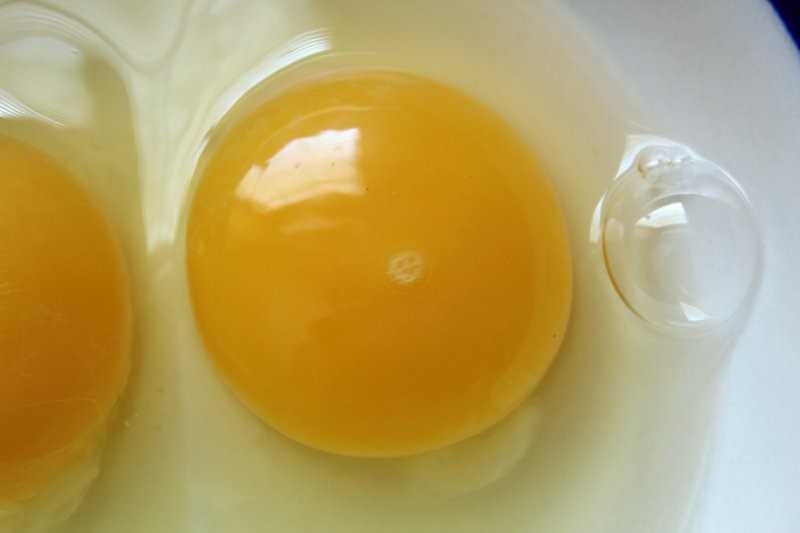We know that someone eating only eggs is known as an Ovo-Vegetarian, or a Lacto-Ovo-Vegetarian if he consumes both dairy and eggs, and abstains from any form of meat, poultry or sea food.
However, there is a big question mark here, as around the world, in most places, eggs are always considered a form of non-vegetarian food, and is strongly linked to religious practices. So, while most Western nations accept eggs as a suitable inclusion in a vegetarian diet, many Eastern cultures don’t.

No, doubts whole eggs, specially organic free-range eggs are a powerhouse of nutrition. But they still are an animal product. As these eggs hatch into chickens eventually.
But there are various kinds of debates. For some, vegetarians should avoid eating dead animals, but hens aren’t killed to obtain eggs. Then there are some type of eggs which are obtained by killing the animals, like caviar eggs are obtained from slicing open fish stomachs and taking the eggs from inside the fish. The eggs themselves are vegetarian, but the animal must die to obtain them.
The other belief is that, if the egg is fertilized as a result of mating of the hen and rooster, and thus has a chance to become a chicken, then the vegetarians would consider it a non-veg food and avoid it.
Contrarily, if an egg was un-fertilized and never going to become a chicken, it is considered vegetarian and is consumed like other vegetarian animal sources along with milk and butter. And most of the commercially available eggs are unfertilized, and its clearly mentioned on the label.
We need to understand that, Hens can lay both fertilized and unfertilized eggs. Once a hen reaches 6 months of age, she begins to lay eggs almost every day and she can do so without having to mate. These eggs are unfertilised and therefore are not capable of turning into lifeforms.
In fact, in the commercial egg farming industry, egg-laying hens are kept separate from roosters at all times. This almost completely eliminates the possibility that the roosters will impregnate the hens. As such, almost all commercial eggs are unfertilized.
Small-scale and local farmers typically are not as strict about keeping hens and roosters separate. Thus, you are more likely to eat fertilized eggs occasionally if you purchase from these producers.
However, even large-scale commercial farmers cannot completely eliminate the possibility of a fertilized egg. With no way to avoid fertilized eggs entirely, you might want to consider eliminating eggs from your diet if you believe fertilized eggs to be non-vegetarian.
Egg contain three parts, the yolk, the whites (albumen) and the shell. The egg whites are completely vegetarian and have absolutely no animal cells present in them. The egg whites are the suspension of the protein albumen in water. So egg whites and all products containing eggs whites are entirely vegetarian.
Farmers typically collect and refrigerate eggs as soon as possible. Refrigeration completely halts the development of a fertilized egg, resulting in no noticeable difference between these and unfertilized eggs in appearance, taste, texture or nutritional value. Even when they are not refrigerated, fertilized eggs rarely develop into embryos because they require very specific conditions to do so.
While most of the eggs in the market are unfertilised, but there are some fertilised ones too among them. And there is a way you can find out.
Just crack open the egg. If you see a white circle on it, which is basically a small white circle followed by another white ring, it’s a fertilised egg. If not, it’s unfertilised.

But, despite of all these considerations too, most cultures will never accept an eggs as a vegetarian source. For e.g. in Hinduism, most of the vegetarians are actually lacto-vegetarians, and consider any type of an egg as a non-vegetarian source.



